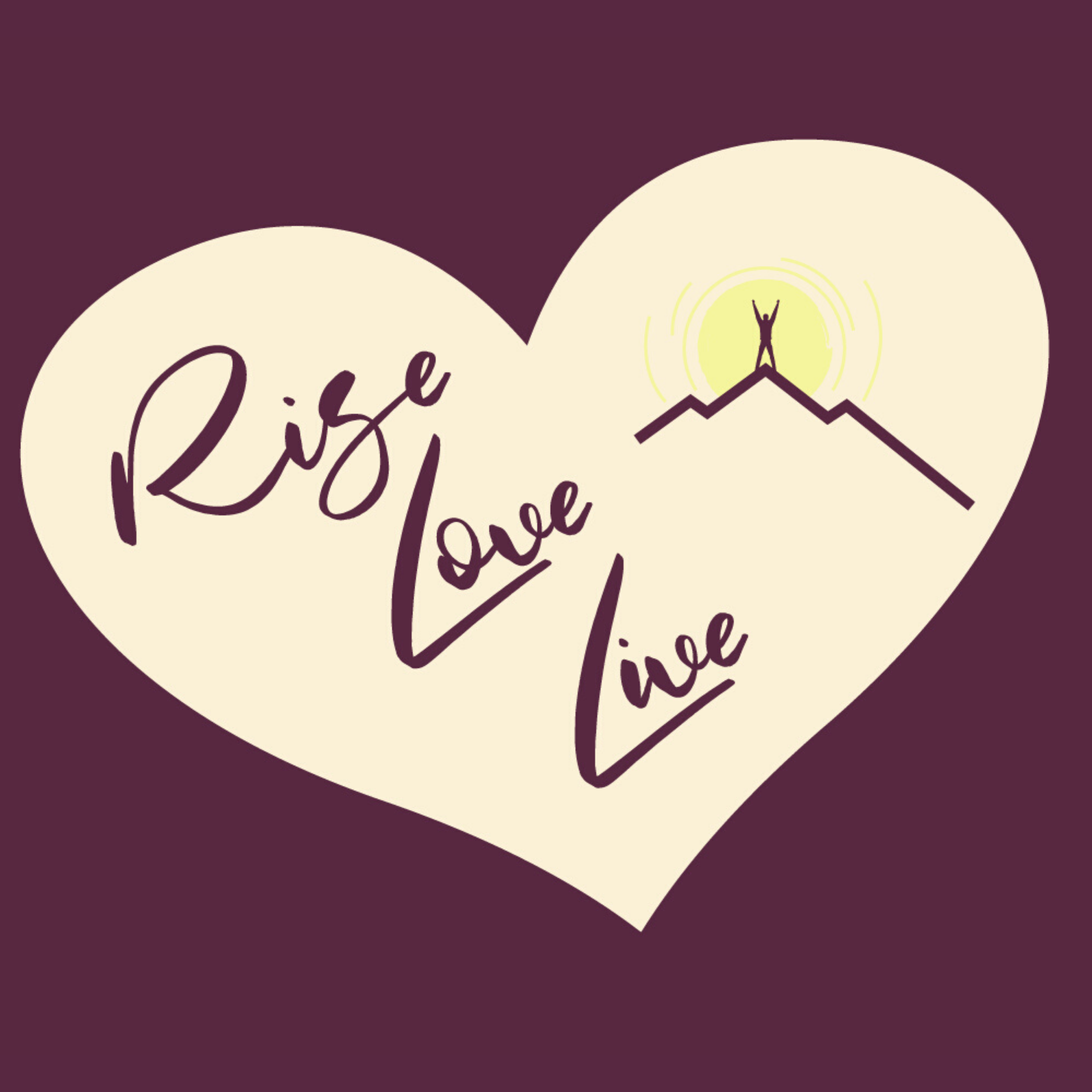A guest post by Gregory V. Diehl.
Gregory reached out to me a month or so ago. He had recently released his fourth non-fiction book on Amazon, The Heroic and Exceptional Minority: A Guide to Mythological Self-Awareness and Growth.
The book takes a very direct approach to mythological personal development themes in real life and the burdens/responsibilities of being an exceptional person who seeks to improve themselves and the world.
Your emotions are the slaves to your thoughts, and you are the slave to your emotions.
― Elizabeth Gilbert, Eat Pray Love: One Woman’s Search for Everything
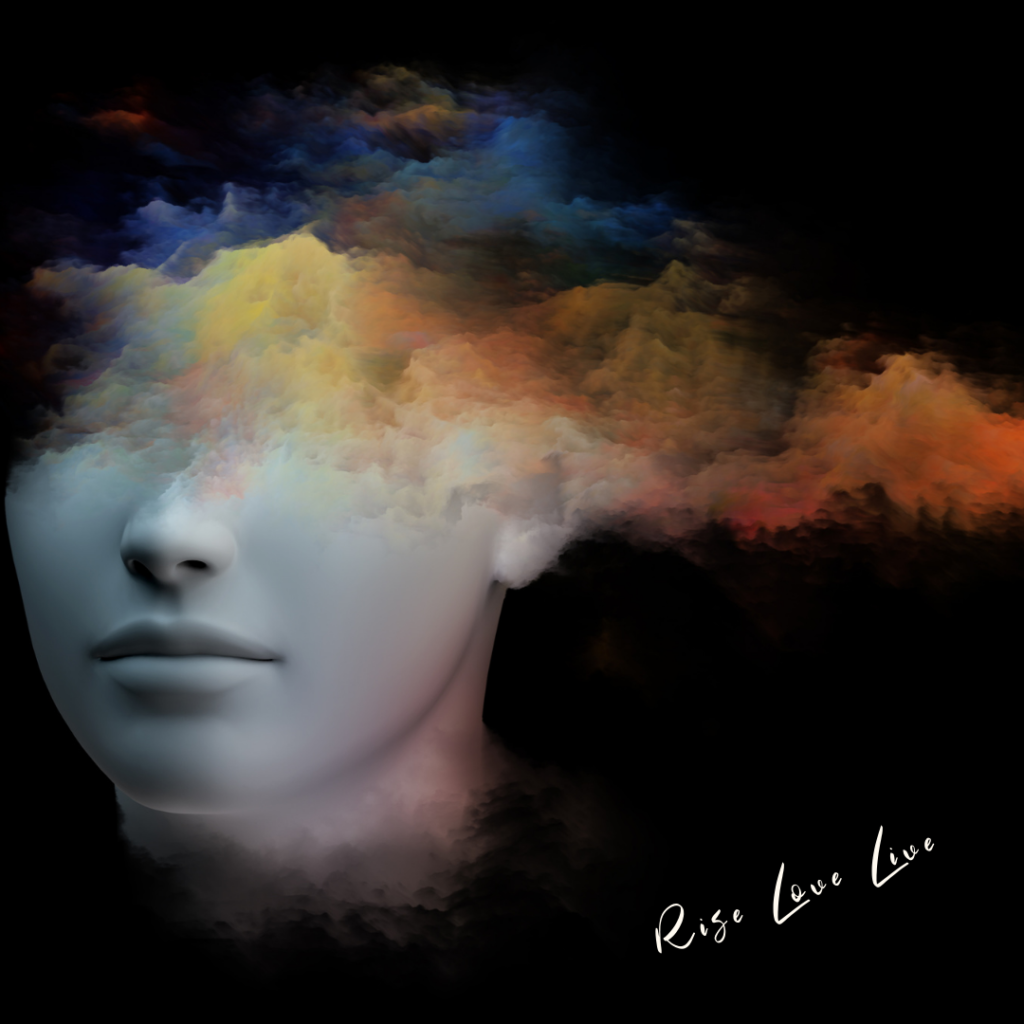
I do hope that you enjoy this article and take the time to read his new book.
Emotion and Conviction
The ability to feel a complex range of emotions is a major aspect of humanity’s signature power. Each emotion serves a function, but the feeler does not always appreciate its role. And so, it is common to treat our feelings as obstacles to our desires, not as the mechanisms that will help us acquire them.
We believe that we should seek to rise above the emotional influence, but how we react with our emotions is a distinct part of who we are. How we embrace or reject our feelings determines, in large part, the paths our lives will take. Our strength comes from conviction when we capitalize on the flow of our emotions.
Most people, over time, come to willingly embody only a minor portion of their range to feel. And by detaching themselves from their strongest feelings, they eliminate their capacity to act with conviction upon them. They fall into patterns of solely convenient action because they only ever feel convenient emotions, meaning those that are tolerated within their microsocial environments or which they have arbitrarily come to see as a valid part of their personality. Whatever overwhelming emotions they can still experience, which should be treasured tools, become constraints to their expression.
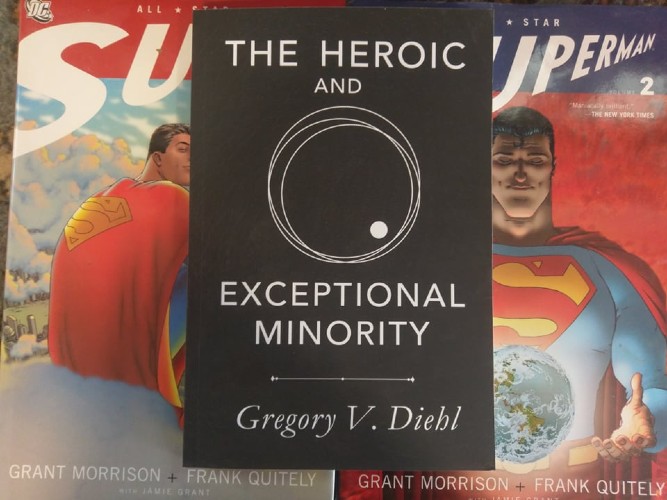
At the peak of its intensity, an emotion colors its host’s experience and provokes a particular style of expression. Each has circumstantial utility, helping in some situations and hindering in others. Emotional tools may show up as sadness, greed, excitement, fear, or any other impulse to incentivize behavior in the subjective perspective of the feeler.
Emotion often subjugates agency, so the feeler can no longer think about what he should actually be doing according to the standards set by his conscious values. Strong feelings have done the deciding for him. The tool is now the master, and the tail wags the dog.
However, within the confines of society, a person is primarily influenced to express his emotions by his peers. And overseers set the template for how he feels them. Social authorities establish the limits to his expression before he can even recognize them. The more powerful his native expressions, the more the minds of society will seek to cage him.
But emotions are primordial functions that are antecedent to human opinion, as those judgments themselves are just emotional responses to the concept of emotion. Reducing them to conform with fleeting social custom also necessarily reduces the power and conviction of the one who feels them.
What is the role of our feelings?
The role of feelings is to discriminate subjective bad from the good in the world. These evaluations shape one’s reactions to every experience, aiding or opposing the ability to reason well about what’s going on. Emotion only becomes the enemy of intellect if one refuses to think about how one feels. In an optimal organism, the thinking brain strategizes to acquire what the feeling mind desires, and those subjective desires align with what is demonstrable as an objective moral good. This is the only way to avoid going to war with either oneself or reality.
When we interfere with the trajectory of an emotion, we sabotage the balance it would bring to us by satisfying the want that it signals. But we will continue to shun our emotions if they, in our limited perspective, lack a clear and instant function. We come to see some feelings as invaders that keep us from being our ideal selves and living within the limited range of expression we consider healthy and valid. We deny our unwelcomed emotions, so we forsake the benefits they are meant to carry. Because we favor only the emotions we are comfortable with, we apply the wrong feelings in the wrong situations, in the long run creating greater conflict than we resolve.
Happiness, by default, becomes the ideal state that we are always chasing after, and anything lesser is scarcely permitted to remain. However, the spoils of happiness are never stable. If we should ever commit the error of chasing only joy, we will go to war with the rest of the spectrum of experience. Happiness comes only in the moments we want for nothing more than what we have. It is an idle state where we can do virtually nothing to interrupt the contentment of the moment or lose what we have earned. Our capacity to act is functionally disabled. Happiness is our reward for correct action, not our default state.
Emotions, mismanaged, corral our attention into wild directions. They make us act what we perceive as uncharacteristic, but that is only because we have a limited definition for our character. So long as our emotions remain in their wild and unpredictable state, we are fortresses set against ourselves, unable to act on our powerful but latent potential. We may resort to uncalled anger if it seems the quickest path to impact. Anger instigates meaningful action but carries collateral disruption. Sadness is the process of reflection, which we need to improve our own behavior. But if sorrow overstays, it defeats our motivation. Our suffering is essential to our growth. We must be willing to endure pain to accomplish what we care about.
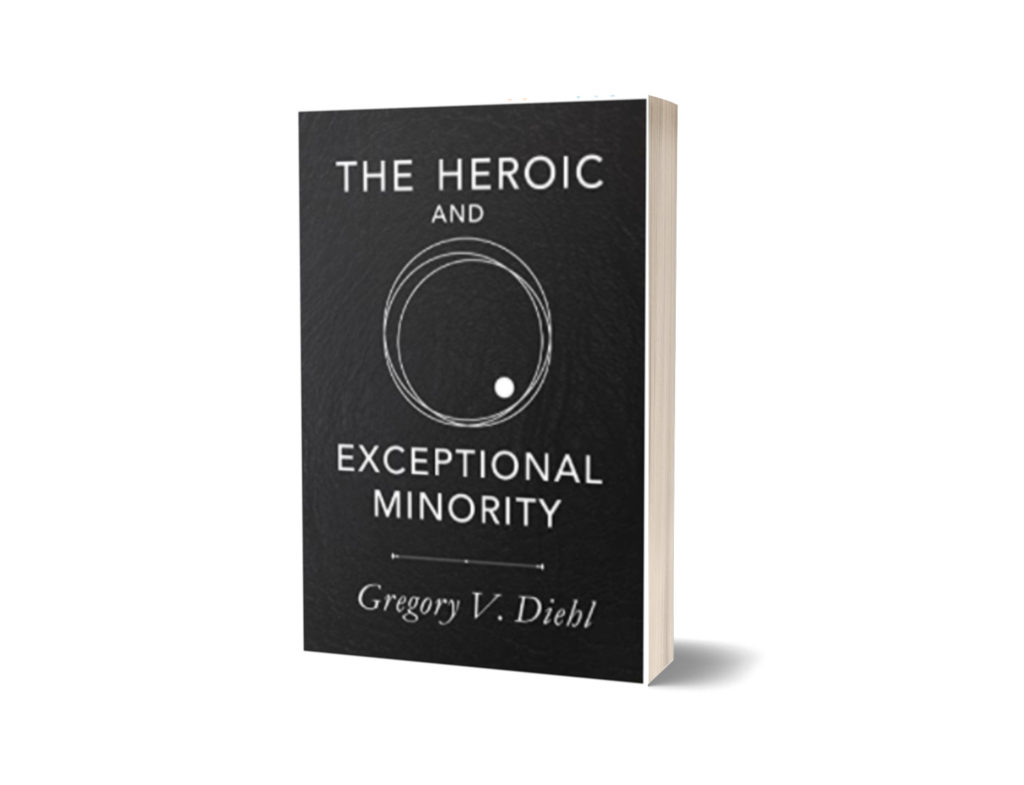
Self-Awareness
Should emotions persist beyond their necessity, judgment becomes cloudy. We respond more and more to our emotional projections of what is happening and not to what is real. Caught in looping emotions, we are no longer the masters of our own lives. We are dependent on automatic signals, simpler creatures who hold no self-reflection. An emotion, like an illness, can be wildly contagious. Possessed by feelings, we cannot help but spread them to those amenable to our influence. Only deliberate emotional fortitude can halt the malady from spreading, and choice begins with conscious self-awareness of the state we have fallen into.
When you observe that some emotions recur too often or stick around too long, analyze and try to see them as nothing more than holdovers of a once-conditioned version of you. New responsibilities require you to abandon ancient patterns. If your emotions flare up when they shouldn’t resist the urge to correct or overcompensate with active denial. Instead, gain some distance from yourself for a time. From a far-off point of view, you can clearly assess why you feel as you do.
With experience, you will discover that negative emotions are just as valuable as their positive extremes. Sorrow is recalled more easily than joy, and injury generates the incentive to improve. No pain ever has to turn you cruel or dull your sensibility if you learn how to process it. Pain can make you kind, so you will seek to spare others the injuries that even you have only just survived. Your pain reminds you how it feels to push harder than you knew you could and grow to more than yesterday. In many ways, it sits at the core of your conviction.
In all their forms, works of art offer packaged emotional states you may not normally experience and encapsulate empathy. They foster specific feelings in their consumers. Art can supplement what your constraining life has lacked. Through art’s controlled scenarios, you can practice every emotion and grow adept in them, eventually coming to fully realize your humanity with them, supplementing your growth with curated experiences you would not otherwise encounter.
Whatever your feelings, know they will pass if you allow them the opportunity. The universe will reshuffle itself, and your mind will adjust with it. Add no resistance, and the storm moves through you, having met its purpose of altering your behavior or affecting your imbalance. So, appreciate the empty peace that follows. Peace is the product of total self-expression. Mold your reactions to your terrain, and your emotions will remain allies to rely on, not distractions from your values.
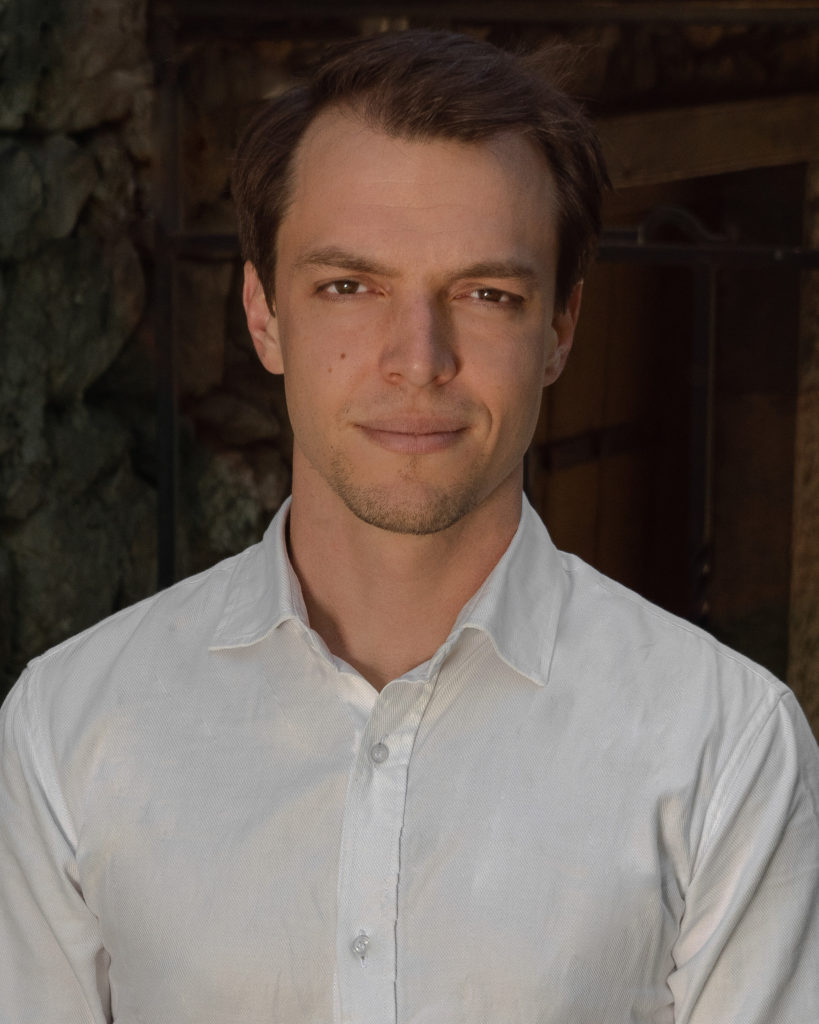
Gregory V. Diehl is the author of the new book, The Heroic and Exceptional Minority: A Guide to Mythological Self-Awareness and Growth.
He is a personal development mentor whose ideals include self-inquiry, challenge, and analysis for the purpose of helping people to discover who they are.
He writes to assist others in undoing faulty narratives about who they are and how life works so that they may begin to make more meaningful choices and resolve their deepest burdens.
Diehl spent many years studying cultures around the world. He now lives a quiet life in a rural village in Armenia with his cats, books, and music.
For those who are slowly or quickly realizing that there is something wrong with the world. For those who accept that they can (and must) do what others cannot. For my descendants, so that they may learn sooner than I did.
Dedication by Gregory V. Diehl
Until next time … Peace and Blessings, Friends!
